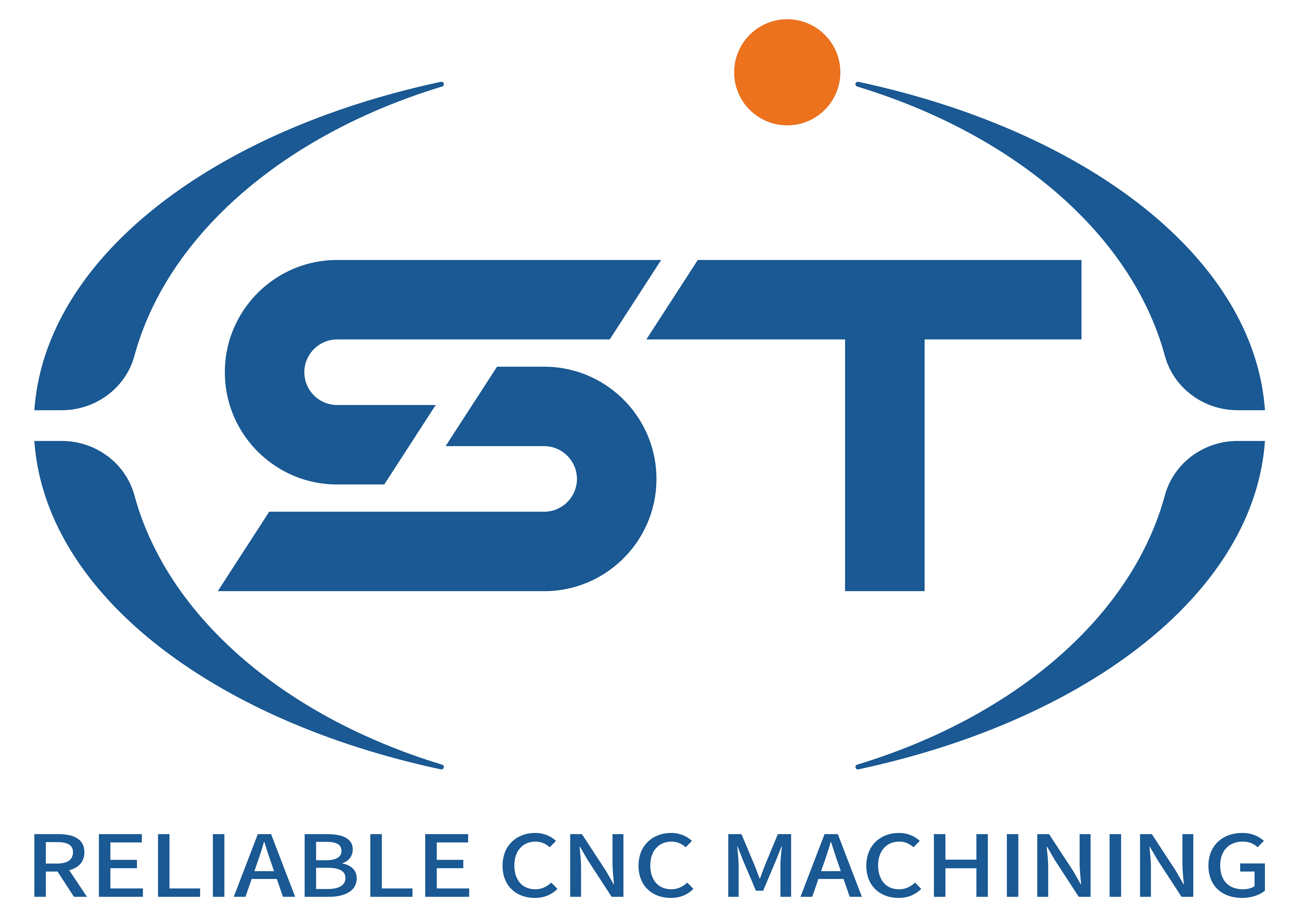Table of Contents
ToggleIntroduction to CNC Machining in Robotics
CNC (Computer Numerical Control) machining represents a pivotal advancement in manufacturing technology, significantly influencing the production processes in various industries, including robotics. This automated machining practice utilizes computer systems to control machine tools precisely, enabling the creation of complex shapes and components with remarkable accuracy. In the context of robotics, Lavorazione CNC plays an essential role in fabricating intricate parts that are vital for a robot’s functionality and performance.
The significance of CNC machining in robotics cannot be overstated. As robots become more sophisticated, the need for precise, reliable, and efficient parts has grown. CNC machining ensures that each component is manufactured to exact specifications, allowing for seamless integration into the overall robotic system. From servo mounts and gears to frames and enclosures, the versatility of CNC machining accommodates various materials, including metals, plastics, and composites, which are often employed in robotics.
Current trends in robotics underline an increased reliance on precision manufacturing techniques like CNC machining. As industries adopt automation to boost productivity and enhance design capabilities, the demand for high-quality components has surged. Innovations in CNC technology, such as multi-axis machining and advanced software algorithms, empower manufacturers to produce more sophisticated parts that conform to stringent standards. Moreover, the advent of additive manufacturing techniques is complementing traditional CNC processes, creating hybrid production strategies that elevate the capabilities of robotic systems.
In summary, CNC machining serves as a critical backbone for the robotics industry, facilitating the manufacture of essential components that support advanced robotic functions. As technology evolves and the industry continues to grow, the symbiotic relationship between CNC machining and robotics is expected to flourish, further driving innovation and efficiency in automation.
Benefits of CNC Machining for Robot Production
CNC machining services have become a fundamental asset in the production of robotic components, offering numerous benefits that significantly enhance the efficiency and effectiveness of manufacturing processes. One of the primary advantages of CNC machining is its ability to achieve high precision and repeatability. This level of accuracy is critical in robotics, where even the slightest deviation in part dimensions can lead to performance issues or malfunctions.
Flexibility in design is another vital benefit of CNC machining. As robotic applications continue to evolve, manufacturers often require components that are tailored to specific tasks or environments. CNC machines can easily accommodate complex geometries and intricate designs, allowing for customization without extensive retooling efforts. This adaptability is essential for keeping pace with rapid advancements in robotic technologies and ensures that producers can meet diverse customer needs efficiently.
Cost-effectiveness also plays an essential role, especially when considering both low and high-volume production runs. CNC machining minimizes material waste, thus lowering production costs. For low-volume runs, the speed of the CNC process can offset any initial investment in tooling and machinery, while for high-volume runs, the ability to maintain consistency reduces both time and resources needed for quality control measures. Furthermore, diverse material options are available for CNC machining, enabling manufacturers to select the best-suited materials for durability, weight, and functionality without sacrificing quality.
Additionally, by employing CNC machining, manufacturers can significantly reduce lead times, which is critical in a fast-paced industry where time-to-market can determine success. With efficient production processes in place, the performance of robots is enhanced by ensuring their components are manufactured with the utmost accuracy and reliability, ultimately contributing to the overall advancement of robotics technology in various fields.
Applications of CNC Machining in Robotics
CNC machining services play a pivotal role in the advancement of robotics, providing precise and durable components essential for the functional integrity of various robotic systems. One of the most prominent applications is in the manufacturing of robotic arms. These arms require intricate part designs for high dexterity and strength, enabling them to perform complex tasks in assembly lines and manufacturing processes. CNC machining allows for the production of tailored components that fit seamlessly in these mechanisms, ensuring reliability and efficiency in operations.
Another critical application lies in the creation of end-effectors, which are essentially the “hands” of robots, designed to interact with their environment. Custom end-effectors are essential for diverse tasks, ranging from gripping and welding to specialized tasks like medical surgeries. CNC technology provides the flexibility to produce end-effectors that are specifically designed for unique tasks, accommodating varied shapes, sizes, and functionalities. This adaptability is crucial for both industrial robots and collaborative robots (cobots) that operate alongside human workers in different sectors.
Furthermore, CNC machining is integral to the development of custom chassis for autonomous vehicles. These vehicles demand robust construction to support their operational systems and handle the rigors of transportation while ensuring safety. Machined parts, produced with CNC precision, offer the strength and dimensional accuracy required for the chassis, underpinning the vehicle’s overall performance and reliability.
Overall, CNC machining services enhance the capabilities of robotic systems across multiple fields including manufacturing, logistics, and healthcare. By providing high-quality machined parts, CNC technology not only bolsters the efficiency of traditional industrial robots but also empowers the versatility and safety of collaborative robots, underscoring its indispensable role in the future of robotics.
Choosing the Right CNC Machining Service for Robotics
When embarking on a robotics project, selecting the appropriate CNC machining service is crucial for ensuring the successful realization of design specifications and performance requirements. Key considerations begin with the provider’s experience in robotic manufacturing. A service with a proven track record in producing components for robotics applications is likely to understand the unique challenges posed by this field, including precision, durability, and functionality. Access to case studies or client testimonials can provide valuable insights into their capabilities.
Technological capabilities are another vital aspect. CNC machining services should employ state-of-the-art equipment and advanced software that support complex designs and high tolerances, which are essential in robotics. It is important to inquire about the types of materials they can work with, as well as their machining techniques. For instance, services that offer multi-axis machining may be better suited for intricate robotic parts, as they allow for more versatile and precise machining operations.
Quality control processes also play a pivotal role in the selection process. Reliable machining services should adhere to stringent quality standards and possess certifications that verify their commitment to excellence. Ask about their quality assurance methodologies, including inspection procedures and the technologies employed to maintain consistency. Turnaround times are equally important, as delayed production can hinder project timelines. A good provider should be adaptable and able to scale operations in response to project demands, thus ensuring timely delivery.
Furthermore, evaluating customer support capabilities is essential. A responsive and knowledgeable support team can provide guidance throughout the production process, addressing queries and concerns that may arise. By focusing on these critical considerations—experience, technological capabilities, quality control, turnaround times, and support—one can select a CNC machining service that aligns with their robotics project objectives, ultimately maximizing the potential and efficiency of their designs.




